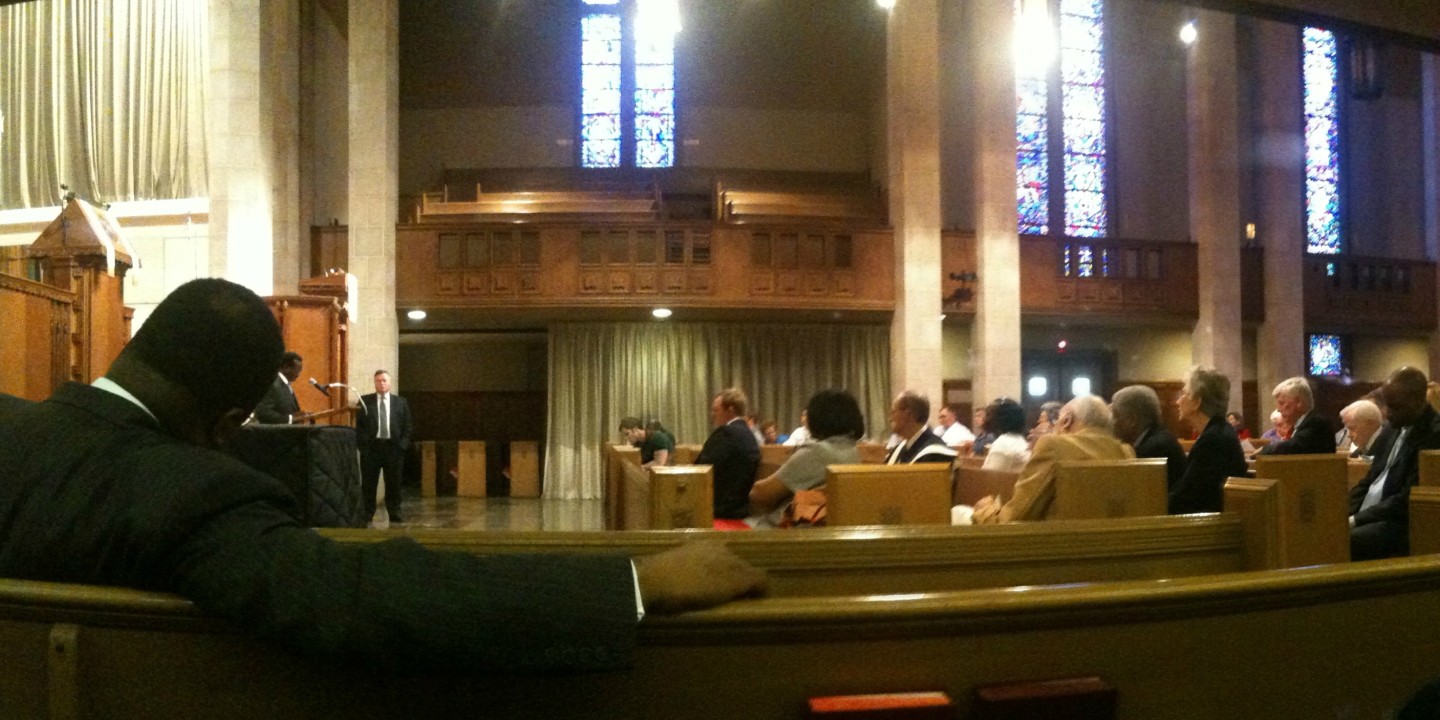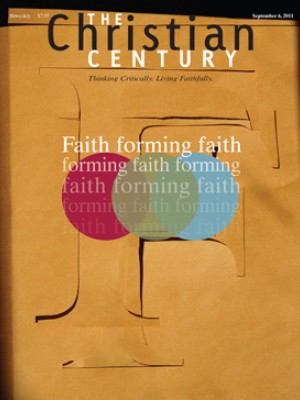Planning for grace
John Henry Newman, the recently beatified English cardinal, said that the church is shaped by the dynamic interaction of three elements: worship, theological reflection and institutional governance. As he saw it, these three activities work in creative tension. Left to themselves, each sphere becomes corrupted: worship tends toward "superstition and enthusiasm," theology toward "rationalism," and governance toward "ambition, craft and cruelty."
Those churchly iniquities are common enough. Those who walk away from church might be categorized according to what wounded them most: the rigidity or chaos of the liturgy, the sterility of the theology or the character flaws of the leaders.
Yet Newman's scheme omits one element that is crucial in the life of the church: people skilled in the everyday practices of faith. If a church does not form people who live in Christ and display some measure of forgiveness, compassion, hospitality, care for the Earth, solidarity with those who suffer and perseverance in distress, then no liturgy or theology, however rich, and no governance system, however inspired, will save the church.
Read our latest issue or browse back issues.
In recent decades, Protestants have adopted the Roman Catholic language of "formation" to draw attention to this dimension of faith. Though it is still rare to find a Protestant congregation advertising for a "director of Christian formation," the concept has become clear enough: the church's goal is not to pass on information about the Bible or doctrine, as important as that is, but to form people whose lives embody the good news of God's love encountered in Jesus.
The resources for faith formation have grown enormously in this period, both in number and variety, yet the task remains somewhat elusive. In part that's because everything the church does—from arranging the nursery to welcoming new members to organizing potluck dinners—is formative in some way. Churches that succeed in formation tend to be ones that artfully use all aspects of church life—committee meetings as well as formal instruction programs—as opportunities to deepen and extend people's faith.
Formation is elusive also because one can never predict how it will happen. Why does a particular Christian practice catch people's hearts and lead them to incorporate it in their lives and articulate its Christian meaning for others? Encouraging formation is an art, not a science, and the result is always bound up in the mystery of grace.
So formation is a matter of grace, but not only grace. In his article "Faith forming faith," Paul E. Hoffman describes how a new Christian's commitment to hospitality unexpectedly shaped the witness of an entire congregation. The moment could not have been planned. Yet, as Hoffman shows, the groundwork for it was laid by an ongoing program of adult formation. Formation comes by grace, as do all good things. And—to quote Norman Maclean in A River Runs Through It—"grace comes by art and art does not come easy."







